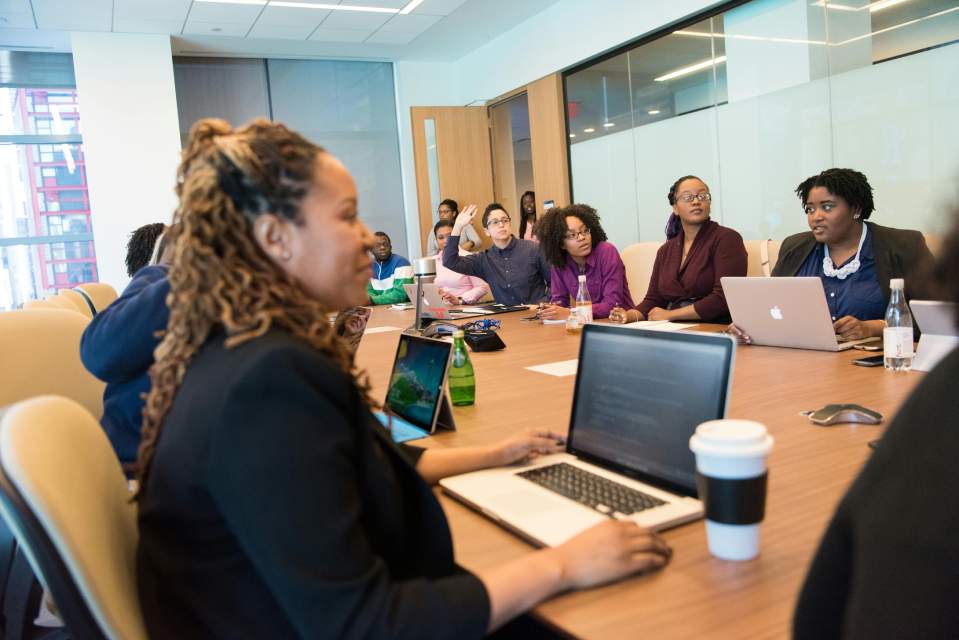A quarter of office workers feel their wellbeing has been negatively impacted by working from home, showing the importance of access to an office for elevating employee wellbeing.
That’s according to a new report from workplace design consultancy Peldon Rose, commissioned in conjunction with workplace strategy and employee engagement specialists WKspace.
The research, “The Office of the Future”, takes a look at the changing expectations in office design, in light of the Covid-19 pandemic, and concludes that agile and adapted workplace design is now more key than ever for facilitating a safe return to the workplace.
It examines the impact of the pandemic on employee wellbeing, the changing priorities of occupants – and what this means for the future of workplace design.
The reports says that the 25% of workers feeling negatively impacted by WFH is unsurprising, considering that the much-needed interpersonal connection at work has been taken away, leading to decreased face-to-face interaction. Moreover, the pandemic has impacted work-life balance, as, without an office to work from, many people are not switching off and instead are continuing to work long and unsociable hours, impacting stress levels.
89% of respondents also hailed the productivity and development benefits provided by an office, emphasizing the importance of learning from colleagues they work alongside for their own job satisfaction as well as for overall business productivity. While, 84% of business leaders still think that a physical workplace contributes to instilling vision and purpose to employees.
Jitesh Patel, CEO, Peldon Rose, said: “We’ve always understood the importance of creating agile working environments for clients and we understand the office is so much more than just providing people with a computer and a desk. In many ways, the pandemic is accelerating the process of making businesses think more creatively about the spaces they work from, and that’s the future.”
The want to get back to the office isn’t coming strictly from the more mature members of the workforce either, with 76% of Gen Z stating that team work and external meetings should be completed in the office, rather than via remote working. This may come as a surprise considering the digital capabilities of Gen Z and suggests that the physical office will remain very much a requirement going forward – but that its overall purpose may shift towards collaborative working.
However, when people do return to the office, occupants will be expecting measures in place to facilitate social distancing and ensure employees feel safe and comfortable in the working environment. As a result of the pandemic, only 6% of respondents stated they would choose to hotdesk in the workplace – suggesting this once popular collaborative working style is now going out of favour.
Businesses will also need to bear in mind that they may require additional maintenance services, such as enhanced cleaning, to provide staff with peace of mind they are addressing hygiene concerns around the pandemic.
Furthermore, despite the desire to use workplaces for collaboration, almost half (48%) of respondents also stated they now want a private office/co-working space with a quieter section away from noise and distraction – indicating that there will be even more preference for flexible workspaces in the future.
Hannah Nardini, Managing Director at WKspace, concluded: “The pandemic has completely altered the professional landscape, causing us to reassess our working habits and we’re now helping companies reconfigure the way they do business. The role of the office in the long-term in bringing people together will become more prominent and the sense of community the office creates will be more important than ever following prolonged periods of working from home.”
The full report from Peldon Rose and findings can be found here.









